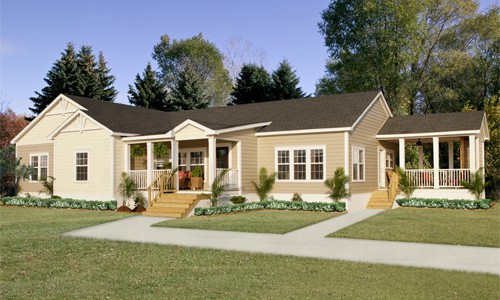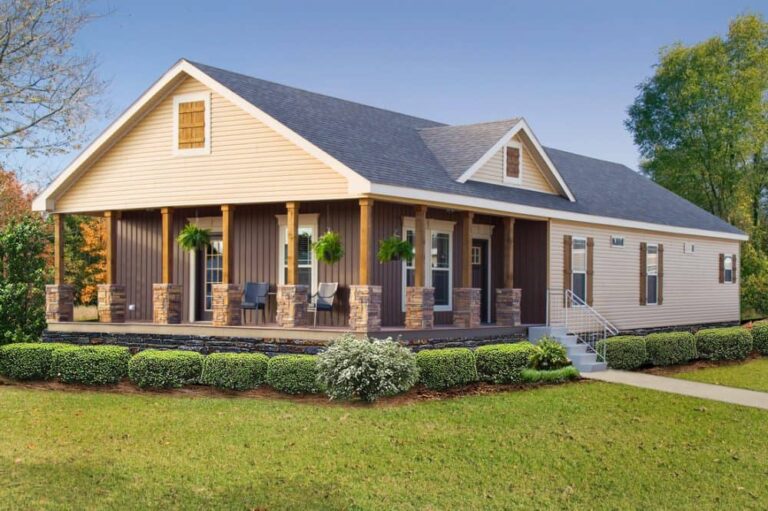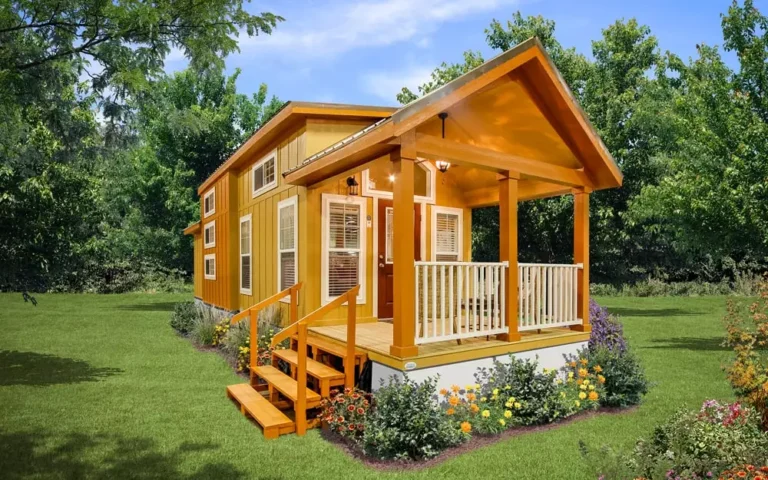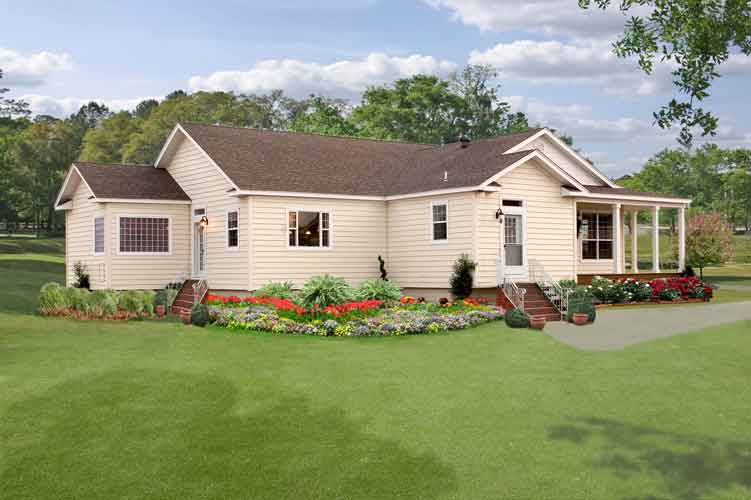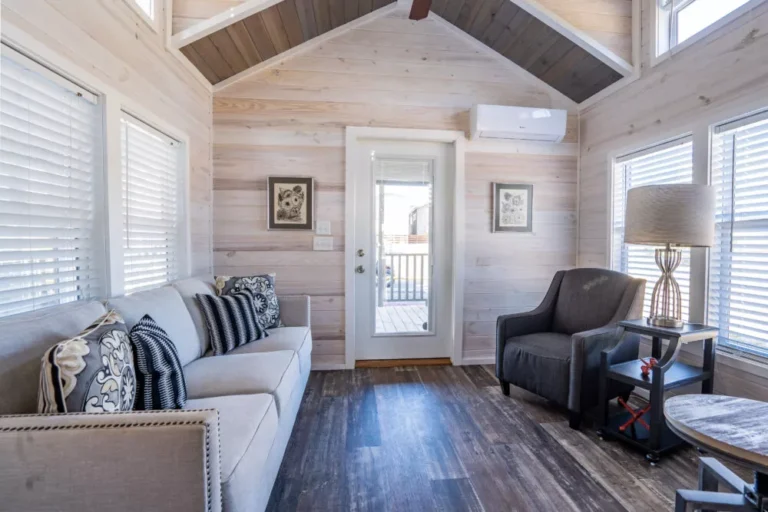Site-Built vs. Modular – Why Modular Is Preferable
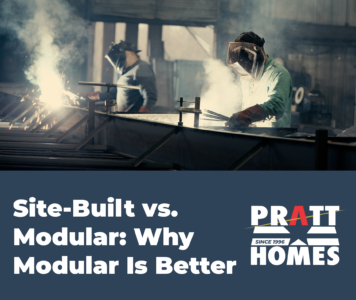
The differences between a modular home and a site-built home, as well as reasons why modular homes might be preferable, are significant in several aspects:
Differences:
- Construction Process:
- Modular Homes: These are constructed in sections (modules) in a factory setting. Once completed, the modules are transported to the home site and assembled on a permanent foundation.
- Site-Built Homes: These are constructed entirely on the home site, with all building materials and labor brought to the location.
- Construction Time:
- Modular Homes: Construction time is generally shorter because work can proceed concurrently in the factory and on-site. Factory assembly is not subject to weather delays.
- Site-Built Homes: Construction time is typically longer and can be affected by weather conditions and other on-site issues.
- Quality Control:
- Modular Homes: Built in a controlled factory environment, which allows for stricter quality control measures and inspections at each stage of construction.
- Site-Built Homes: Quality control depends heavily on the builder and can vary based on weather and other site-specific factors including waiting on contractors, materials available, etc.
- Cost:
- Modular Homes: Often less expensive due to bulk purchasing of materials, reduced labor costs, and shorter construction timelines.
- Site-Built Homes: Typically more expensive due to higher labor costs, longer construction times, and potential for higher material wastage.
- Customization:
- Modular Homes: Offer customization options, but these may be somewhat limited compared to site-built homes due to factory constraints.
- Site-Built Homes: Highly customizable, allowing for unique architectural designs and features tailored to the homeowner’s preferences.
- Environmental Impact:
- Modular Homes: Produce less waste and are often built with energy-efficient methods and materials.
- Site-Built Homes: Generate more waste and may have a higher environmental impact due to extended construction times and site disturbance.
Why Modular Homes Are Preferable:
- Speed of Construction: The faster construction timeline can be a significant advantage, reducing the overall time to move in and start living in the home.
- Cost Efficiency: Lower construction costs can make modular homes more affordable without compromising on quality. This can be particularly advantageous for first-time homebuyers or those on a budget.
- Consistent Quality: The controlled factory environment ensures consistent quality and adherence to building codes, which can result in a more durable and well-constructed home.
- Weather Resistance: Modular homes are built to withstand transportation, often resulting in a sturdier structure that can be better equipped to handle extreme weather conditions once assembled.
- Environmental Benefits: Reduced waste and often better energy efficiency make modular homes a more environmentally friendly option.
- Financing and Resale: Modular homes are recognized by most banks and lenders, making financing as straightforward as with site-built homes. They also tend to hold their value well, making them a solid investment.
In summary, while both modular and site-built homes have their own sets of advantages, modular homes offer a combination of cost savings, construction speed, quality control, and environmental benefits that can make them an appealing choice for many homebuyers.



